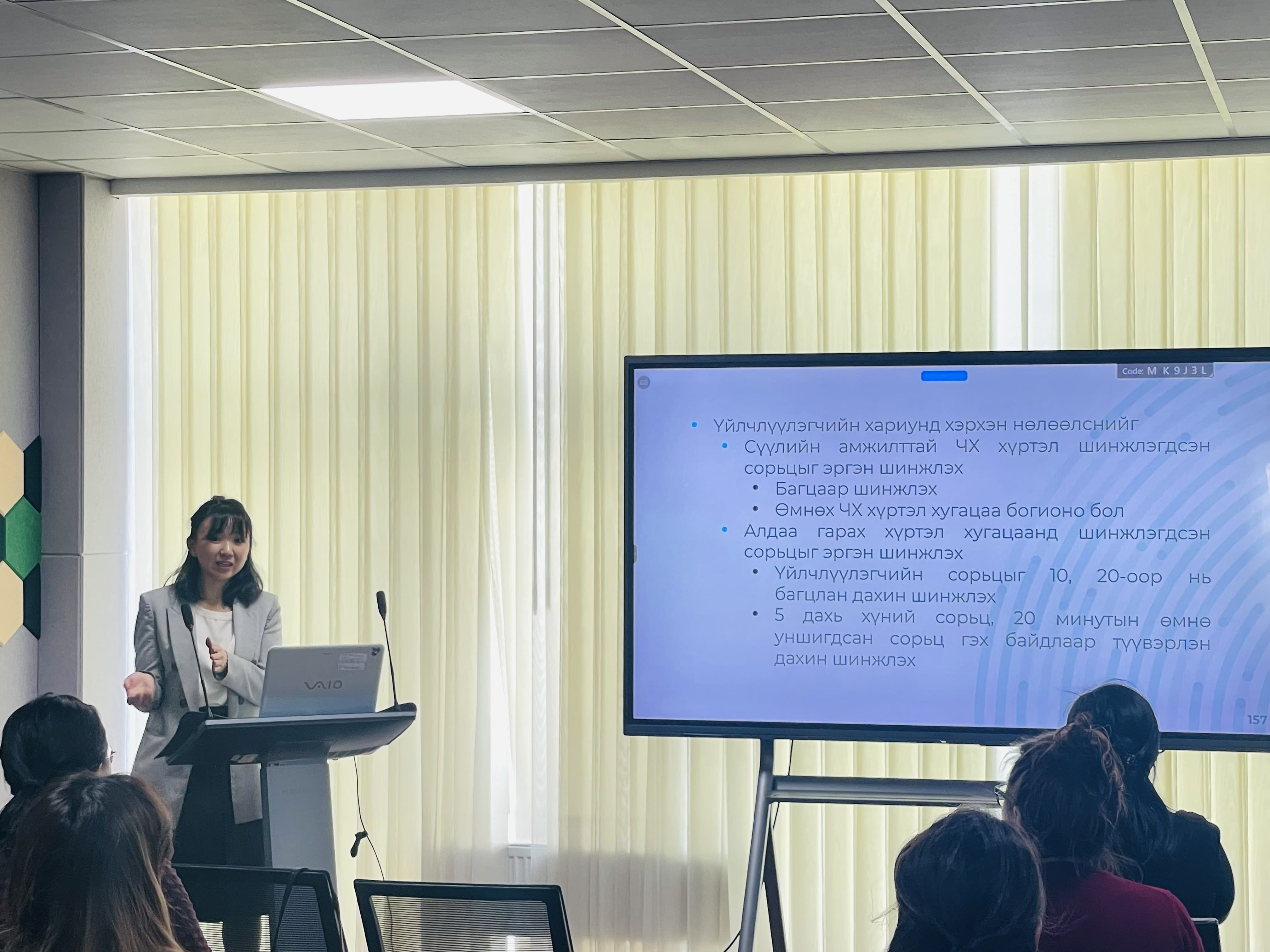
In early 2024, Khulan Purevdorj, MSc, MD, a clinical pathologist and head of the laboratory department at the Fourth Hospital in Ulaanbaatar, Mongolia, received a grant from the Association for Diagnostics & Laboratory Medicine (ADLM) to conduct a workshop for fellow pathologists in Mongolia. The grant gave her and her colleagues the opportunity to advance quality control implementation in the country and provide further training opportunities for pathologists.
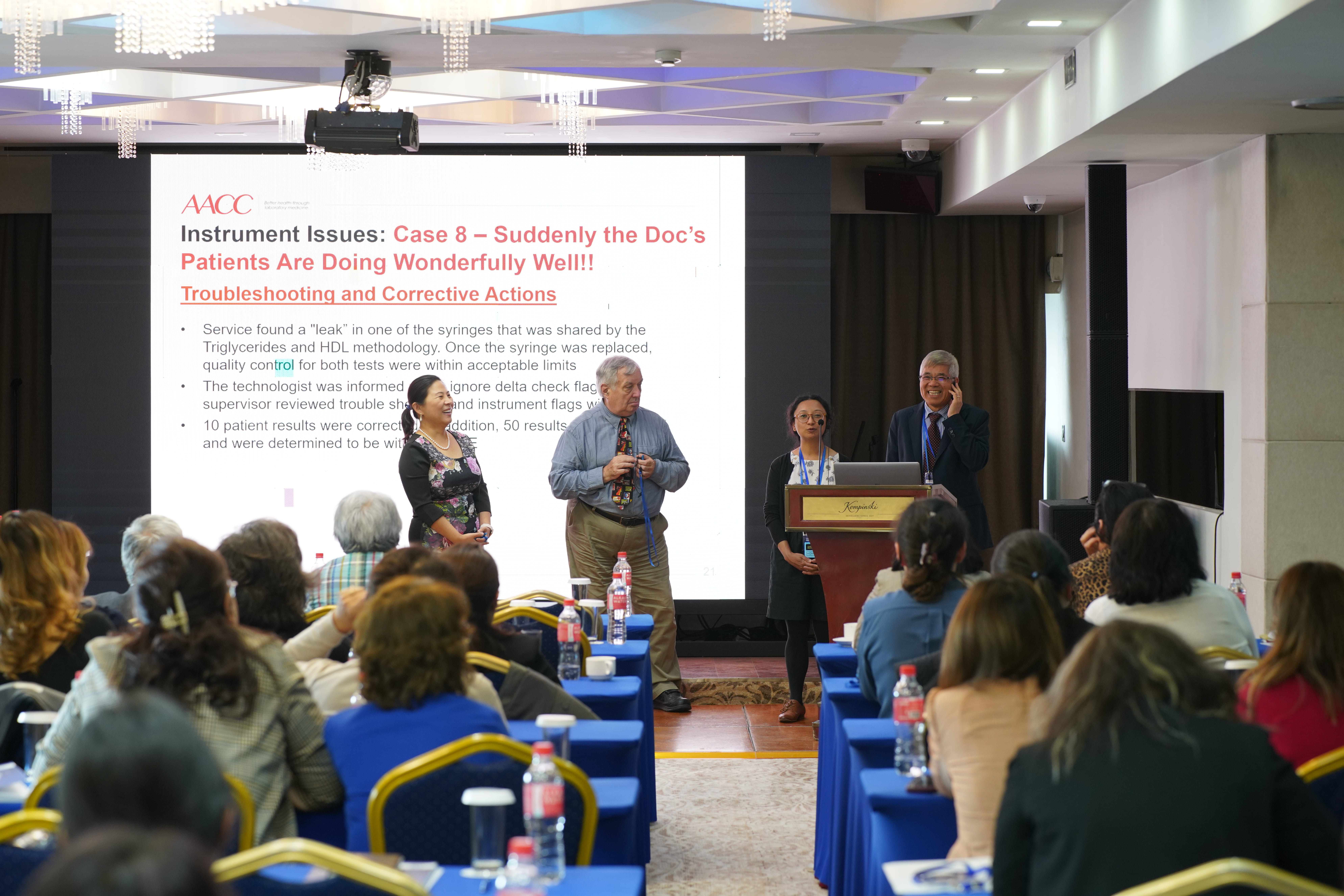
How it started — with ADLM and MAHL’s 2023 collaboration
ADLM’s distance learning project
The distance learning certificate program gave 110 laboratory medicine professionals from various countries around the world a chance to take an online certificate course on practical approaches to quality control. Participants who had finished the program by August 2024 went on to attend a train-the-trainers program and had a chance to submit a grant proposal to run their own workshop on quality control.
Purevdorj and her colleagues completed the program and were among the grant recipients.
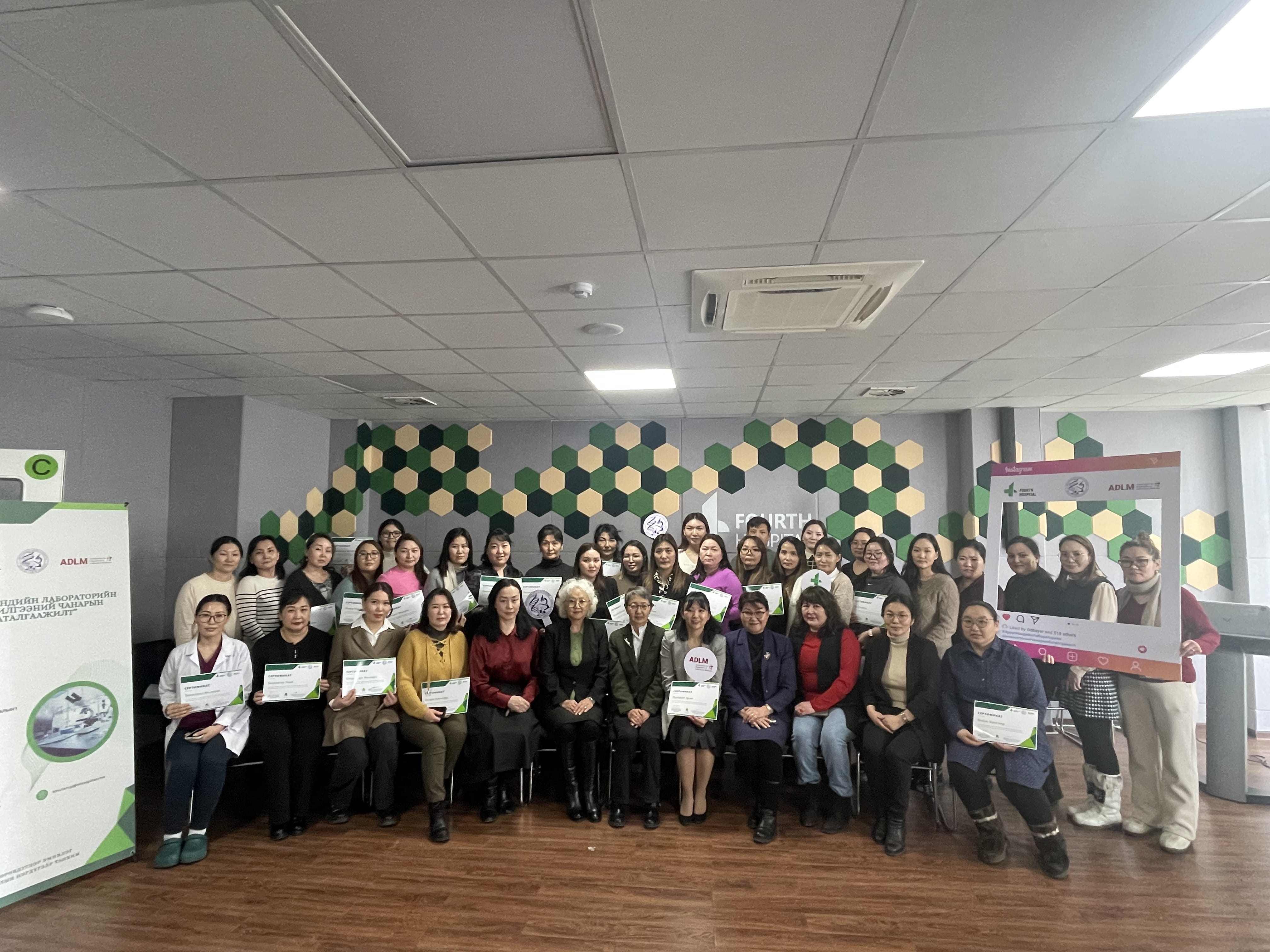
A first-of-its-kind event
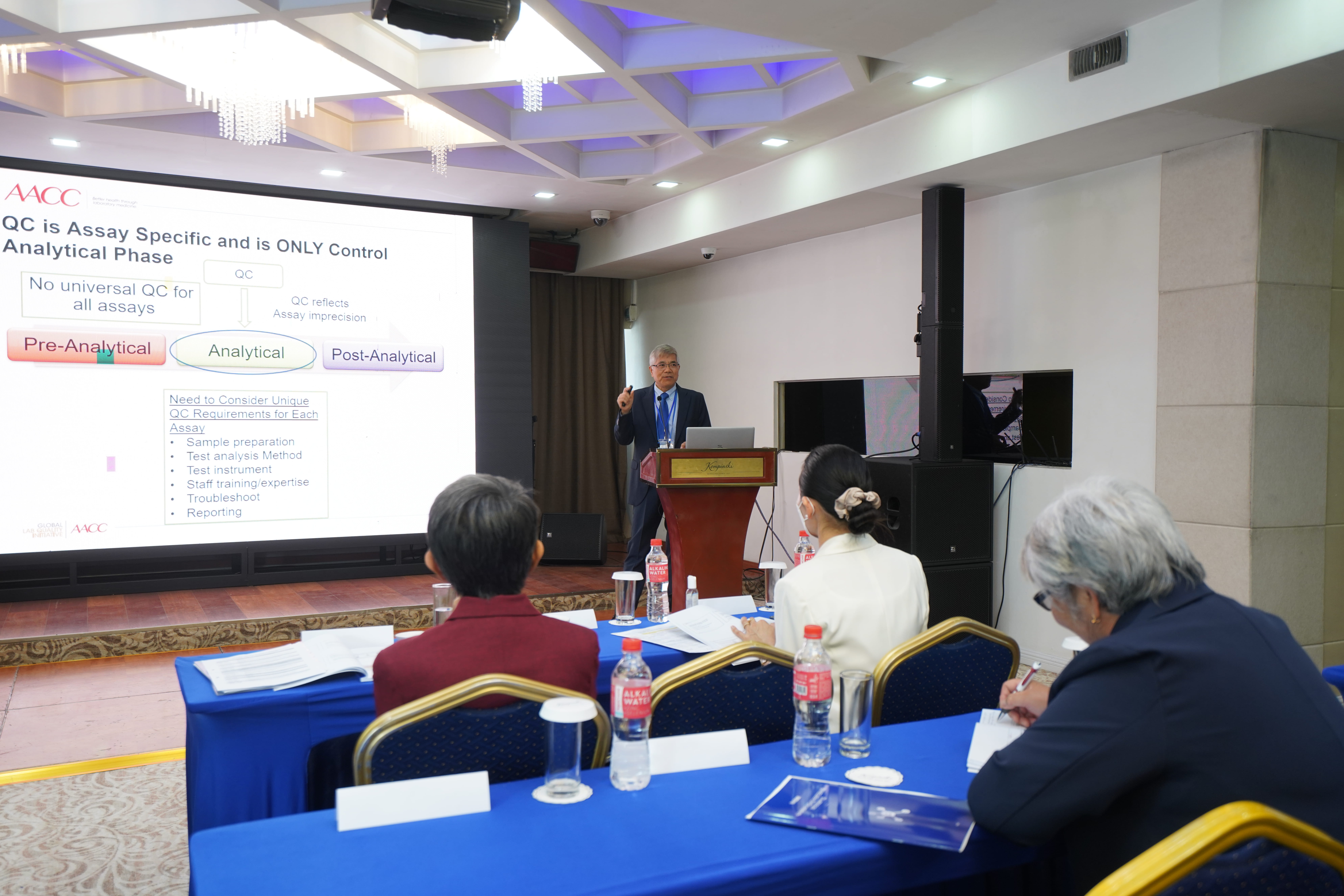
The impact of ADLM’s grant
“In my laboratory,” she explains, “we are using only the mean volume of QC. [And] after the training, we are observing the quality control daily result and adjusting it according to training. It is a part of implementing the lesson.” She adds that since the 2024 workshop, "Hospitals are now using more advanced statistical methods like Z-scores and CUSUM."
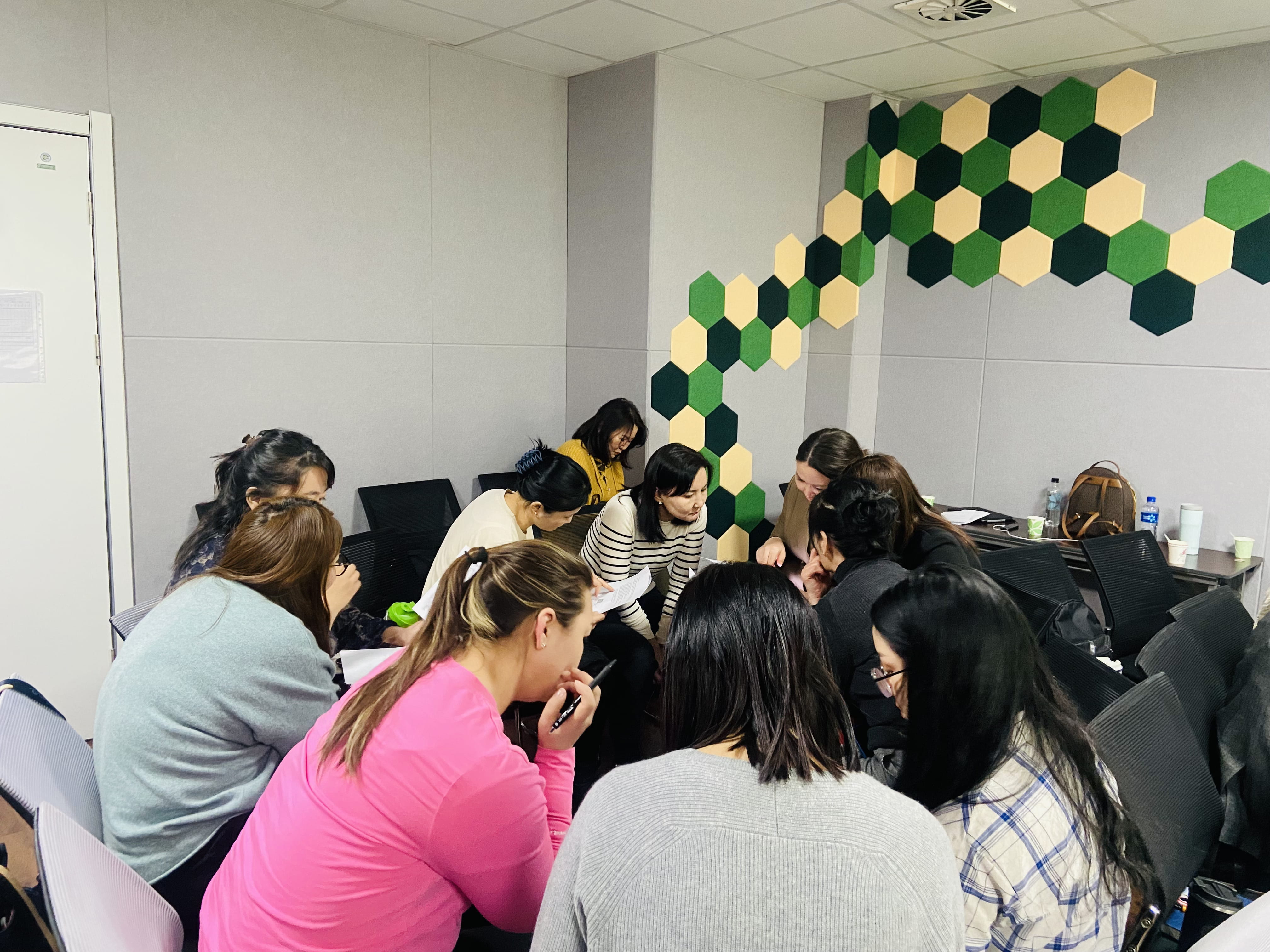
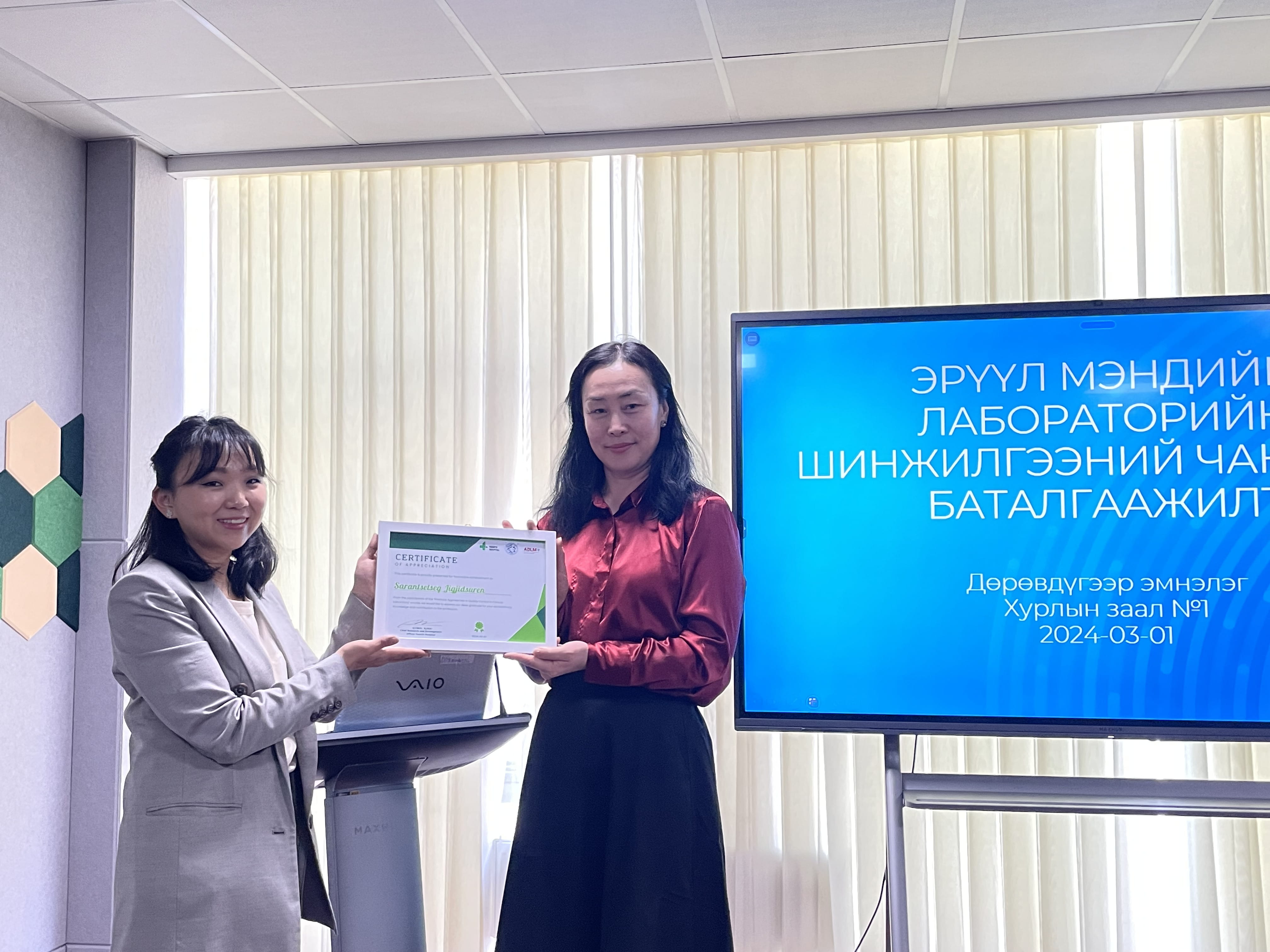
The ADLM/MAHL workshop was conducted as a part of the Global Lab Quality Initiative funded by the Wallace H. Coulter Foundation. Any society interested in partnering on a similar workshop, please contact [email protected].
